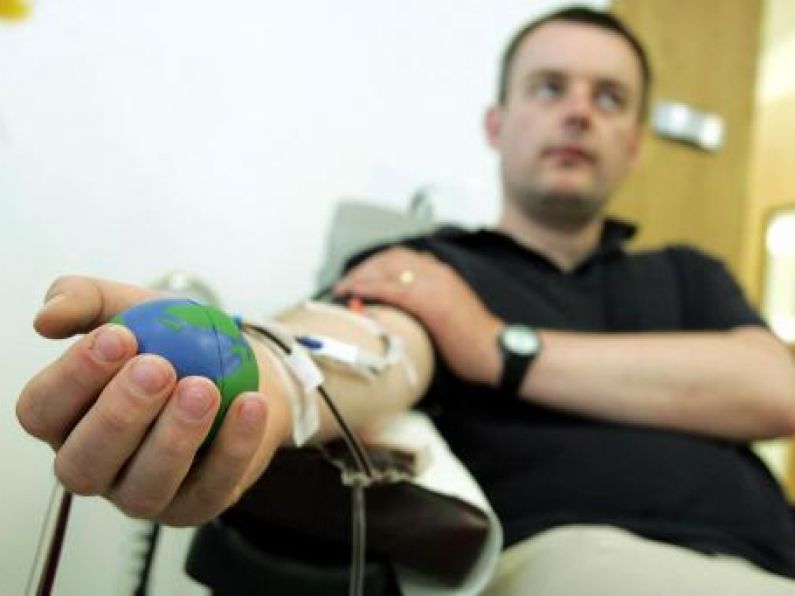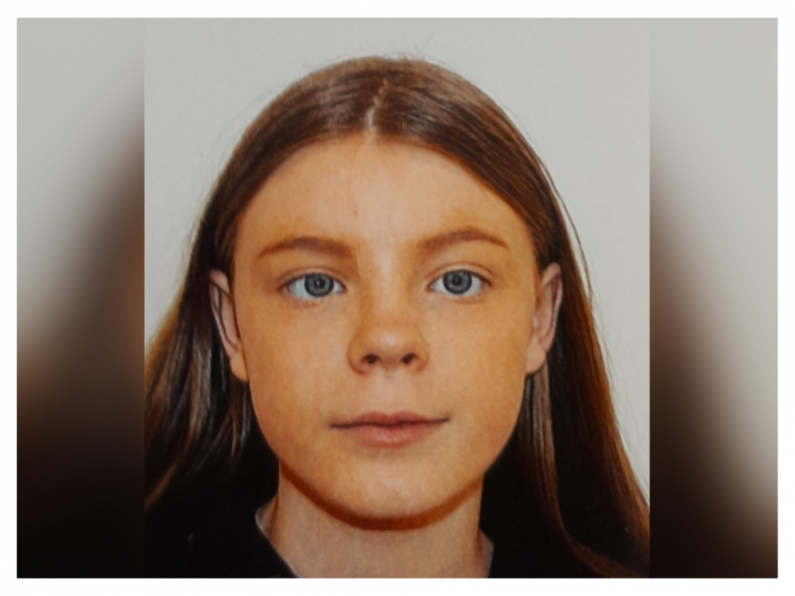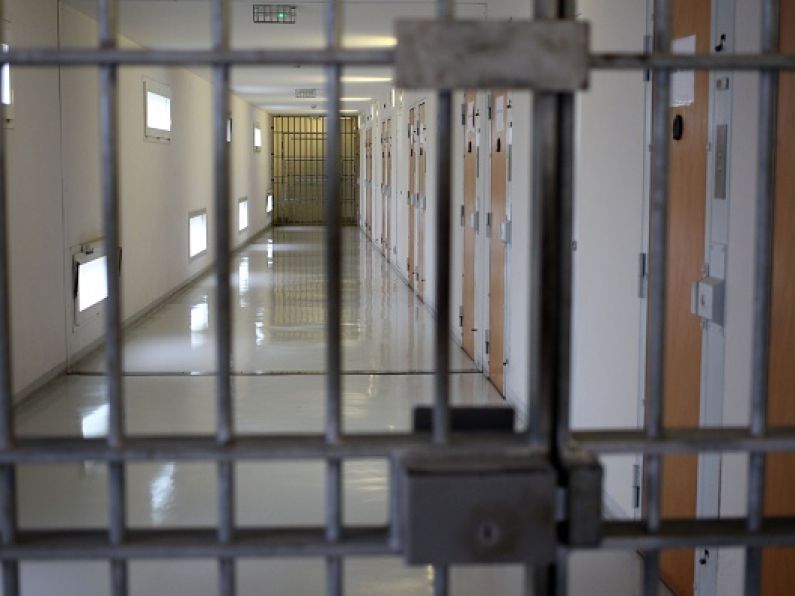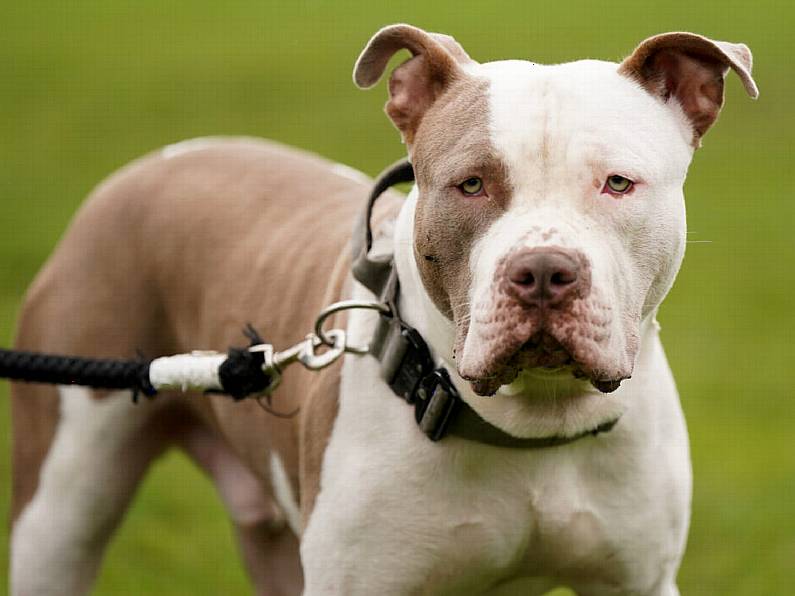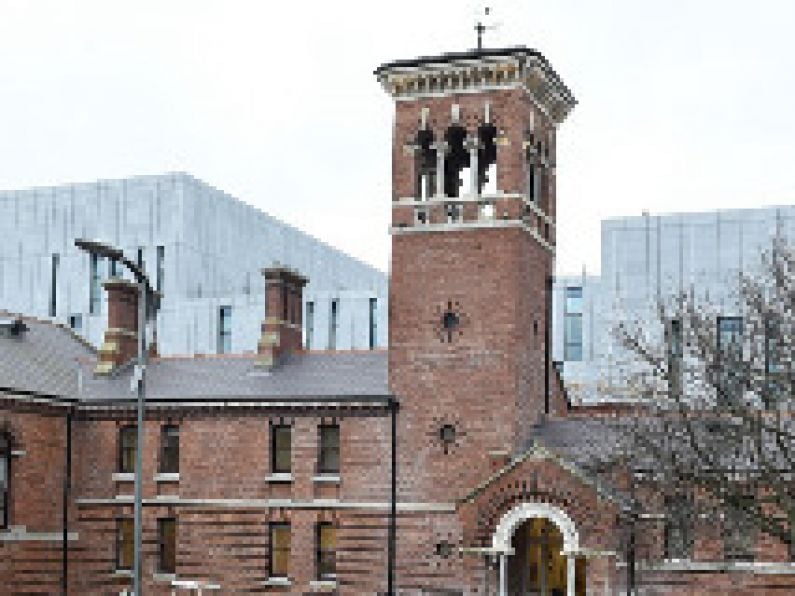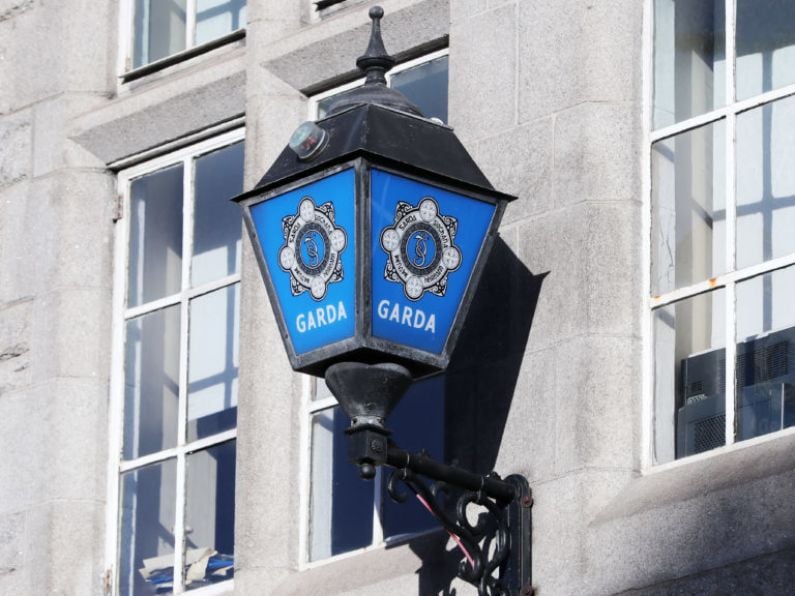James Cox
The Covid-19 pandemic has presented a huge challenge for blood transfusion services worldwide and Ireland is no different.
The Irish Blood Transfusion Service (IBTS) has managed to adapt after overcoming a number of obstacles.
However, IBTS chief executive Orla O'Brien told BreakingNews.ie that the coming winter will present significant issues, with new donors required to keep up with demand.
Overnight, the IBTS had to completely change their model of clinics and deal with a myriad of pandemic related issues.
The service collects 3,000 units of blood per week all year round and “that's just to keep supplies at a level whereby anyone who needs blood will get it”.
“Hotels, places where we’d go to collect blood, were all closed. Immediately and literally overnight we had to change from drop-in clinics, because that was our model and that’s what works best, to an appointment system,” Ms O'Brien explained.
Covid tests were not widely available in the early stages of the pandemic, so that put additional pressure on in making sure donors were not suffering with symptoms.
Changing from drop-in clinics to an appointment system was a “mammoth” challenge, according to Ms O'Brien.
“We had to adapt very fast, get as many people as possible working from home, to make sure that the venues we had would still take us.
“We had to enlist the help of the civil defence who were absolutely stellar, they helped us manage social distancing at clinics, getting people through, if we would have normally had 15 people in at a time that had to be reduced because we had to keep numbers under a certain level.
“It was a mammoth change, we also had to ensure people had a text message so if they were stopped by the gardaí during the 2km/5km restrictions that they were allowed cross their county line to give blood.”
With less non-Covid treatments and surgeries in hospitals, there was a brief drop in demand from March to May of 2020 but this brief reprieve did not last and demand rose to its usual levels.
A small amount of blood had to be imported to keep with demand in June, but other than that, the service has met the 3,000 units per week target consistently despite pandemic challenges.
“We had one set of issues during the early stages of the pandemic and lockdowns, and then we’ve had a separate set of issues since reopening,” said Ms O'Brien.
Challenges
The reopening of society has brought new problems for the IBTS.
With good weather, people getting away for breaks and returning to work, flexibility was much lower as peoples lives became busier.
“Some of the venues we were using were also being used as vaccination centres which took some of our venues. Some of the hotels, who are always very good to us, were then using areas for spillover for indoor dining and so on, so there’s been a lot of very different challenges since society has reopened,” Ms O'Brien added.
Public health and blood policy means people cannot give blood seven days after vaccination, whether it is the first or second jab.
This makes it all the more important for blood transfusion staff to be available at all times and Ms O'Brien said they had managed to avoid any workplace outbreaks.
“We were very keen to keep our staff safe, we were part of the earlier cohorts vaccinated, we had to bring in split shifts in our labs where we needed to be careful about any Covid outbreaks, we had a very thorough system and there was no occupational transmission of Covid which was fantastic.”
It’s this balancing act all the time, but hospitals are very busy, using a lot of blood therefore we need to collect a lot.
While the appointment clinics are now running smoothly, with a one-hour turnaround even improving the time for donors, it has not been without challenges.
“The demand for blood and platelets is very high this year and there has been some weeks when the demand is higher than what we’ve had in supply.
“It’s this balancing act all the time, but hospitals are very busy, using a lot of blood therefore we need to collect a lot.
“We try to fill every appointment slot, and we consider it good if we get over 85 per cent of appointments filled because some people fall sick at short notice or have things come up.
“A couple of weeks back there was an area where we were really trying to fill spaces, and it took the donor service team something like 320 phone calls to get 18 donors in.
“There is an effort there, they ring us, we miss it, we ring back, they don’t answer, etc. Is it harder? Yes it is. Flexibility that people may have had working remotely or when they were off isn’t around.
“It’s quite challenging to fill appointments. We’re more used to the system now, and we are hoping to bring in an online donor system next year and that would be a huge plus. Then it will be as simple as going online to make an appointment, that sounds straightforward but with the screening process there’s a lot of complexity.”
Ms O'Brien has set a target of 2022 for the online system to be up and running.
Covid cases have had a huge impact on blood donations.
First time donors
“It’s been a huge problem because people who have had Covid symptoms can’t donate blood, if they’ve had Covid they can’t donate for 28 days, if they’ve had a vaccine they can’t donate for seven days, it’s now an appointment system, so the number in clinics is slightly lower than it would have been, these are global problems, especially with getting first time donors in.”
Ms O'Brien expects the winter to be a difficult period for hospitals and first time donors will be more important than ever.
With this in mind, she hopes for clinics to return to college campuses as soon as possible.
“One of our challenges for the autumn will be recruiting younger donors and first time donors.
“That was quite problematic during the earlier stages of the pandemic. When you’re a first time donor, there’s a more prolonged interview and public health restrictions simply wouldn’t have allowed that at the time.

The IBTS requires 3,000 units of blood each week.
“We still brought in some first time donors, but that was 60 per cent less than what it normally would have been, so we now have to recoup that and get those first time donors back in.
“When we talk about first time donors, we love getting into college campuses which wasn’t possible in 2020 and hasn’t been in 2021 so far so when they reopen we’ll be looking to get back in, along with big businesses and office blocks.
“We are asking first time donors to go on to our website giveblood.ie and fill out the eligibility questionnaire and log an expression of interest, then we will contact you to make an arrangement for you to come in.”
'Altruistic'
The need for young donors has been exacerbated by a new policy of not taking blood from healthcare workers and people over 70, with both groups more vulnerable due to the pandemic.
However, 20,000 donors are in the over-70s age bracket, so they need to be replaced.
“We have to fill that at the far end, 18, 19 up and that’s where the first time donor hit affected us. Normally we’d have 20,000 new donors each year, last year it was 7,500, if we don’t replace that 20,000 back in we have to hit our 80,000 donors [overall] more if there’s less of them.
“The demand will be very high with a slightly smaller pool, so we need new donors and our existing donors to continue giving blood.
“They’ve been amazing and huge credit to them because we have had donors through thick and thin still donating in the pandemic, that is an amazing thing as a country we’re extremely altruistic, so we’re very lucky that way.”
